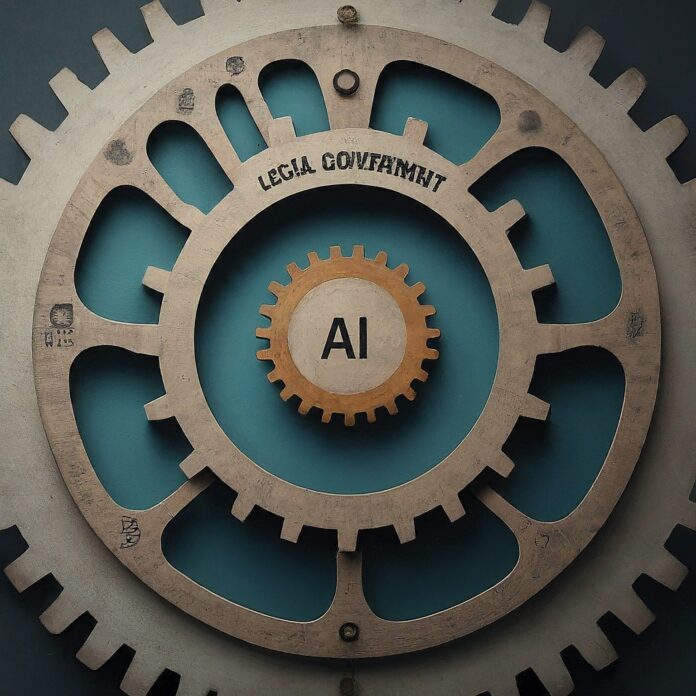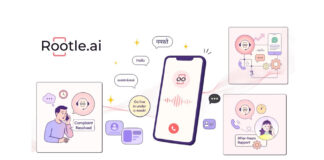- Mr. Narayan Singh Rao, Chief Growth Officer, PoGoSo Social
In the digital age, the integration of technology has become indispensable for efficient governance at all levels. From managing resources to optimizing services, local governments are increasingly turning to innovative solutions to enhance their operations and better serve their communities. Among these solutions, the integration of artificial intelligence (AI) and data analytics stands out as a game-changer, offering insights and efficiencies previously unimaginable. In this transformative landscape, tech startups are emerging as crucial partners, driving innovation and reshaping the way local governments function.
AI and data analytics hold immense potential for local governance by enabling data-driven decision-making, streamlining processes, and improving citizen engagement. By harnessing the power of AI algorithms and advanced analytics tools, local governments can extract valuable insights from vast amounts of data, leading to more informed policymaking and resource allocation. Moreover, AI-driven automation can optimize routine tasks, freeing up human resources to focus on strategic initiatives and delivering higher-value services to residents.
Tech startups play a pivotal role in democratizing access to AI and data analytics solutions for local governments, especially for smaller municipalities with limited resources. These startups leverage cutting-edge technologies and agile methodologies to develop cost-effective and scalable solutions tailored to the specific needs of local governance. Whether it’s optimizing public transportation routes, predicting demand for essential services, or detecting patterns in urban development, these startups offer customizable solutions that empower local governments to address complex challenges effectively.
One area where AI and data analytics are making a significant impact is in urban planning and development. By analyzing demographic trends, traffic patterns, and environmental data, local governments can make informed decisions about infrastructure investments, zoning regulations, and sustainable development initiatives. Tech startups specializing in urban analytics provide tools that enable planners to visualize data, simulate scenarios, and assess the long-term impact of policy decisions, fostering more resilient and livable communities.
Similarly, AI-powered predictive analytics is revolutionizing public safety and law enforcement efforts in local communities. By analyzing historical crime data, social media feeds, and sensor networks, predictive policing algorithms can identify high-risk areas and anticipate potential criminal activities, allowing law enforcement agencies to deploy resources proactively. Tech startups in this space develop predictive analytics platforms that integrate with existing law enforcement systems, enabling real-time data analysis and actionable insights to enhance public safety outcomes.
Furthermore, AI-driven citizen engagement platforms are transforming the way local governments interact with their constituents. Traditional methods of gathering feedback, such as town hall meetings and surveys, are often time-consuming and limited in reach. Tech startups are addressing this challenge by developing AI chatbots, mobile apps, and social media analytics tools that enable residents to voice their opinions, report issues, and receive personalized responses in real-time. These platforms not only enhance transparency and accountability but also foster a sense of community participation and ownership in the governance process.
Despite the immense potential of AI and data analytics in local governance, there are challenges that need to be addressed to ensure responsible and equitable deployment. Privacy concerns, data security risks, and algorithmic bias are some of the key considerations that local governments must navigate when adopting these technologies. Tech startups play a crucial role in addressing these challenges by prioritizing ethical design principles, implementing robust security measures, and fostering diversity and inclusion in their development teams.
Moreover, building trust and collaboration between local governments and tech startups is essential for the successful implementation of AI and data analytics initiatives. Open data policies, partnership frameworks, and capacity-building programs can facilitate knowledge-sharing and co-creation opportunities between government agencies and the private sector. By fostering a culture of innovation and experimentation, local governments can leverage the expertise and agility of tech startups to address complex societal challenges and deliver tangible benefits to their communities.
In conclusion, the integration of AI and data analytics holds immense promise for transforming local governance and improving the quality of life for residents. Tech startups are playing a pivotal role in driving this transformation by developing innovative solutions that empower local governments to harness the power of data for better decision-making, service delivery, and citizen engagement. As technology continues to evolve, collaboration and partnership between local governments and the private sector will be essential to realize the full potential of AI and data analytics in shaping the cities of tomorrow. By embracing innovation and embracing collaboration, local governments can pave the way for a more inclusive, sustainable, and resilient future for all.
The opinions expressed in this column are of Mr. Narayan Singh Rao, Chief Growth Officer, PoGoSo Social.











